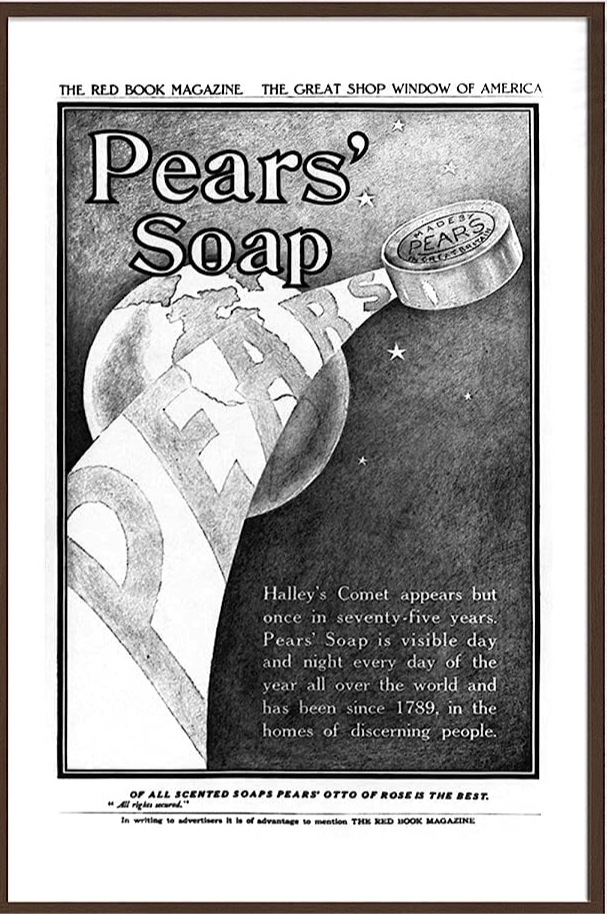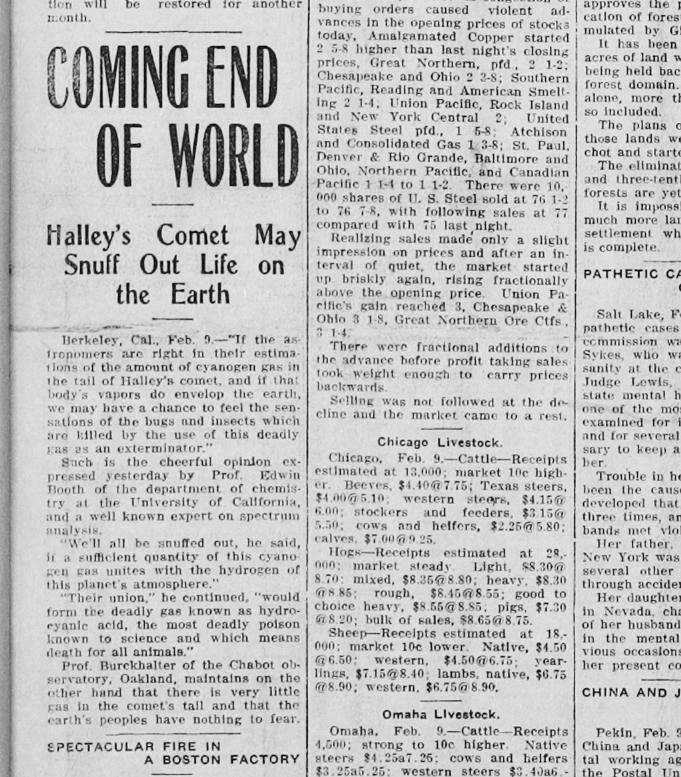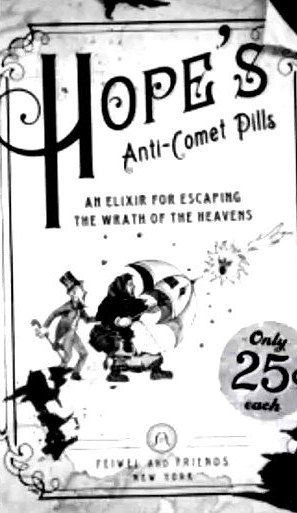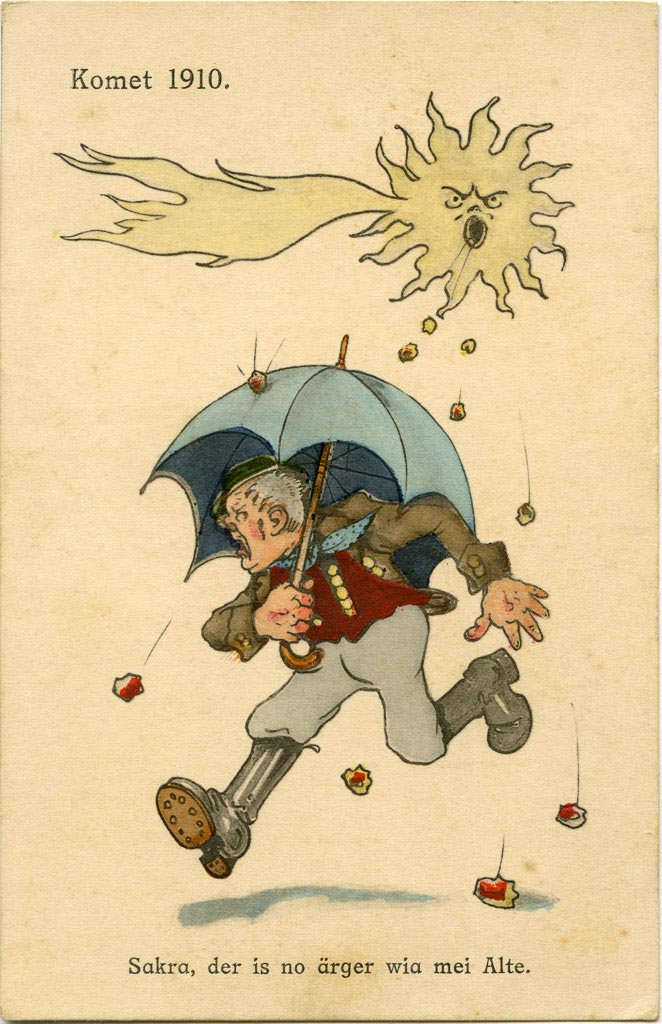Everyone in California has heard that global warming is going to have terrible consequences, but most people here haven’t personally seen any of those consequences, but if you are a homeowner, you will, and soon. In 2022, several major insurance companies stopped selling property insurance in California, including Chubb, AIG, and Allstate. They cited the growing wildfire risk as the principal reason for their decision. In April 2023, State Farm (the nation’s largest property insurance company) announced that they too would no longer accept applications for property insurance in California.
Because of global warming, wildfires are becoming bigger and more frequent in the West and construction costs have been rising much faster than overall inflation. But – instead of pulling out of the California market, why don’t these insurance companies just raise their rates? Because they can’t. In 1988, California voters passed Proposition 103. This law requires that insurance companies get permission from the state’s insurance commissioner before they can raise rates, and the law requires that the insurance commissioner base his calculations on past experience, not future projections. As a result, insurance companies are only allowed to raise their rates slowly while their payouts have been rising rapidly. State Farm requested a 28% rate hike for property insurance from the state’s insurance commissioner. Allstate requested 40%. They didn’t get it, so they left the state. There is a lesson in this – government price controls lead to shortages. (That is something that the advocates of rent control will never understand.)
Because the West is getting hotter and drier, big increases in property insurance rates in California are inevitable. As painful as that will be, it will have positive consequences. High insurance rates will create political pressure to end price controls on insurance which would bring competition back into the market. More importantly, higher rates will pressure homeowners and landlords to spend big bucks on things that will reduce their insurance bills, things like replacing wood shake roofs and exterior siding with fireproof materials. Things like that are expensive, but homeowners will do these things if it lowers their insurance bills enough to make it worthwhile.
We know that the fire risk in California is growing, but what are we doing about it? Very little. We gripe about it and elect politicians who gripe about it, but not much more. What should we do? First of all, we need to stop thinking about global warming as a partisan political issue. Global warming denial is not just a problem in red states, although listening to some politicians and Fox News commentators, you might get that impression. It’s a blue state problem too. Berkeley is a very liberal city, but when I take my daily walk, I see construction going on right now up in the hills where it doesn’t appear that any thought was given to the area’s considerable fire risks. Many of the streets in the Berkeley and Oakland hills are too narrow and twisty for fire trucks to get on, and the area is heavily wooded. Nevertheless, people are building and remodeling houses up there right now with wood exteriors. redwood decks, and fire-prone vegetation planted right up against their houses. Would people be doing these things if insurance companies were free to set their own rates and offer discounts based on their assessment of the fire risk?
FLORIDA. Things are even worse in states where people are in denial about global warming. Florida has the highest property insurance rates in the United States. Nationally, homeowners pay an average of $1,700 a year to insure their homes. In Florida, homeowners pay an average of $6,000 a year to insure their homes, almost 4 times the national average. Because of global warming, hurricanes and tropical storms have become more destructive in Florida, and because sea levels are rising, the porous limestone on which most of the state is built is eroding away, undermining foundations and creating sinkholes. Like California, Florida’s insurance laws and regulations have made selling property insurance in the state unprofitable. However, unlike California, many of the most powerful politicians in Florida say that they believe global warming is a politically-motivated hoax. Florida Senator Marco Rubio recently said: “The climate’s always changing” and “global warming is simply the Left’s catchall for anything that goes wrong.” Even worse, Florida politicians are passing new laws to encourage greater use of fossil fuels and discourage the use of renewable energy. Florida Governor Ron DeSantis recently signed a new law prohibiting local governments from banning the building of new coal-fired power plants in their communities or from committing to the development of renewable energy in the future, including wind and solar.
DENIAL. I had a couple of very good friends who drank themselves to death. I know from my experience with them that if someone is in denial that he has a problem, nothing will work. Unfortunately, it seems that a lot of people in this country are still deeply in denial about global warming.
THE STRANGE STORY OF THE 1910 HALLEY’S COMET PANIC.
Well, here is a more entertaining story. Halley’s Comet is visible from the Earth about once every 75 to 80 years. It is the only comet that is regularly visible from the Earth with the naked eye. Often, the comet is not easy to see, but in 1910, the comet came remarkably close to the Earth, so close that the Earth passed through the comet’s tail.
Cyanide Gas. Long before the comet arrived, using spectroscopic analysis, astronomers were able to determine that one of the gases in the comet’s tail was cyanogen, a cyanide gas. That started a panic. Most people were aware of the fact that cyanide gas is very toxic. In World War 1, tens of thousands of soldiers were killed with cyanide gas. In World War 2, millions of Jews were murdered with cyanide gas. Nevertheless, most scientists were unconcerned about the cyanogen gas in the comet’s tail because once the gas entered the Earth’s atmosphere, it would become too diffuse to do any harm.
The Newspapers. For 3 years prior to the comet’s arrival, newspaper reporters sought out respected academics who were making the most frightening claims about the comet. One of the people newspapers liked to quote was Edward Booth, a chemistry professor at the University of California Berkeley. He told reporters: “We’ll all be snuffed out!” and that “The world is coming to an end.” Headlines like that sold newspapers, and Booth had an interest in selling newspapers. He was the editor of one of San Francisco’s daily newspapers in addition to being a professor of chemistry. Booth’s quotes were reprinted in newspapers around the country. (Note: In the newspaper article below, it incorrectly refers to Edward Booth as Edwin Booth. Edwin Booth was an actor and brother of John Wilkes Booth, the assassin of Abraham Lincoln.)
Making Money From The Panic. A lot of companies found ways to cash in on comet panic. In the United States, insurance companies sold comet insurance, promising to pay up to $1,000 for every $1 paid in premiums if the comet ‘snuffed out’ all life on Earth. Some people bought this insurance, apparently overlooking the obvious problem – if the comet killed everyone on Earth, who would collect on these insurance policies? In Germany and England, a number of companies made comet-protecting umbrellas. I don’t know what these umbrellas were supposed to do or how they differed from regular umbrellas, but they were sold in department stores all over the world, and they sold a lot of them. Comet pills were sold in many countries as well. Some comet pills claimed to neutralize the cyanide gas in the comet’s tail. Other comet pills promised that they would repel the comet itself. Many companies put Halley’s comet in their ads, comparing their product in some way to the comet. Below is a magazine ad from 1909 for Pear’s soap.


Pope Pius X. As the comet came closer to the Earth, churches filled up. There were long lines at confessionals at Catholic churches all over the world. In an unusual move to allay the panic, Pope Pius X issued a Papal letter and ordered that it be read in Catholic churches everywhere in the world. It said that Halley’s comet would not destroy the Earth and that there was no cause for alarm. Other religious and political leaders issued similar statements. Nevertheless, some people committed suicide as the comet approached. Other people spent all their money on ‘end of the world’ parties, and in some places, human sacrifices were made to ‘appease the gods.’


I would appreciate your comments. If you want to comment on any article in this newsletter, you can do so at: Mark Tarses Newsletter
